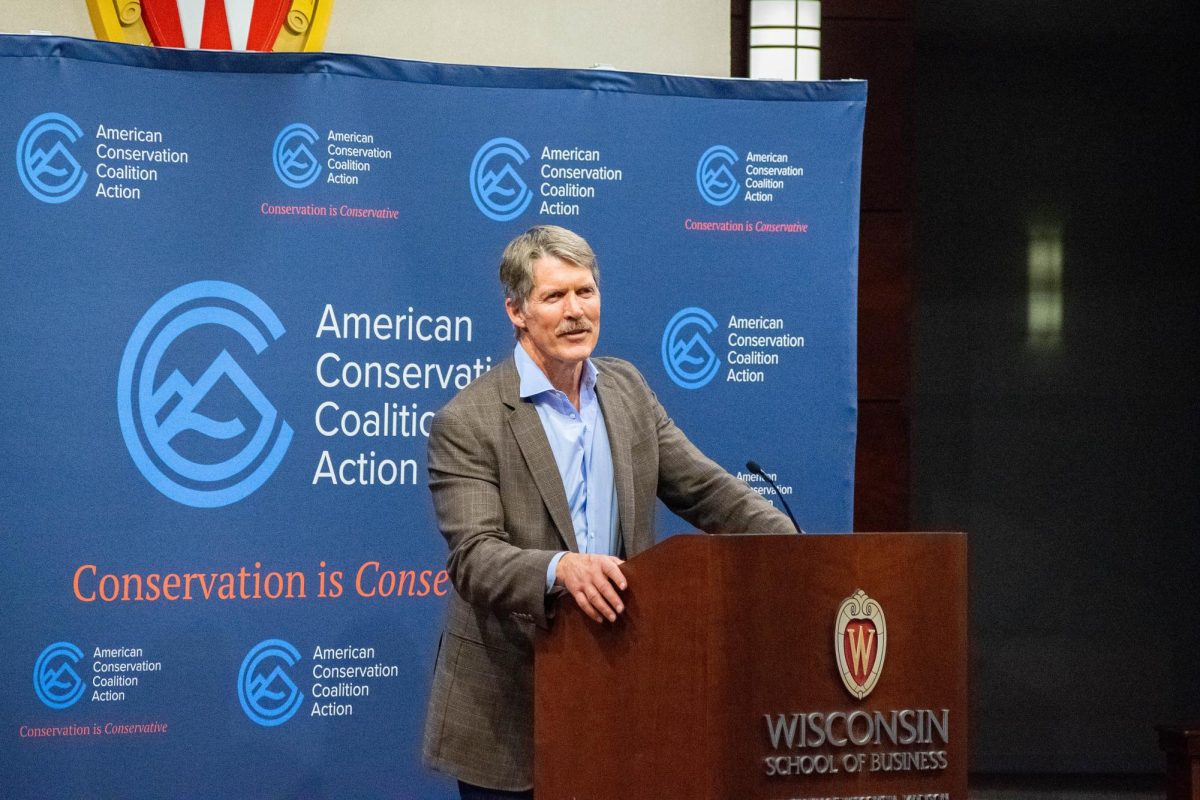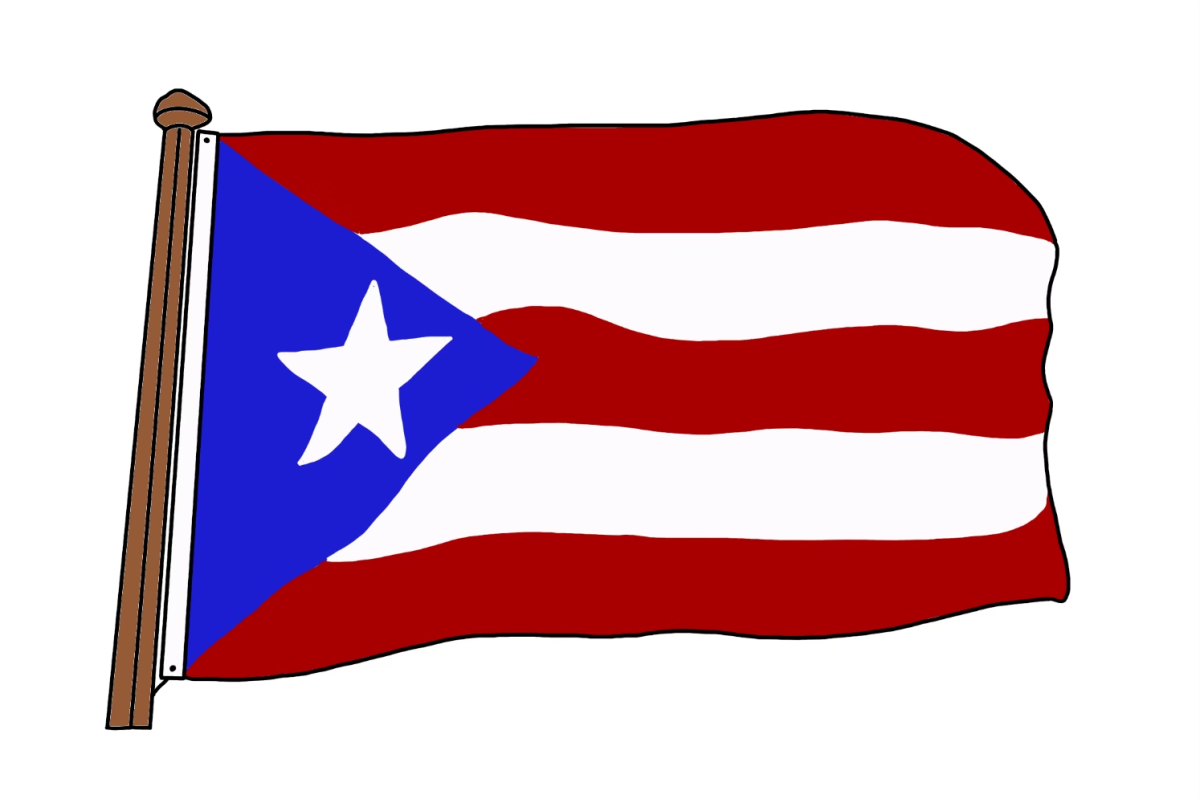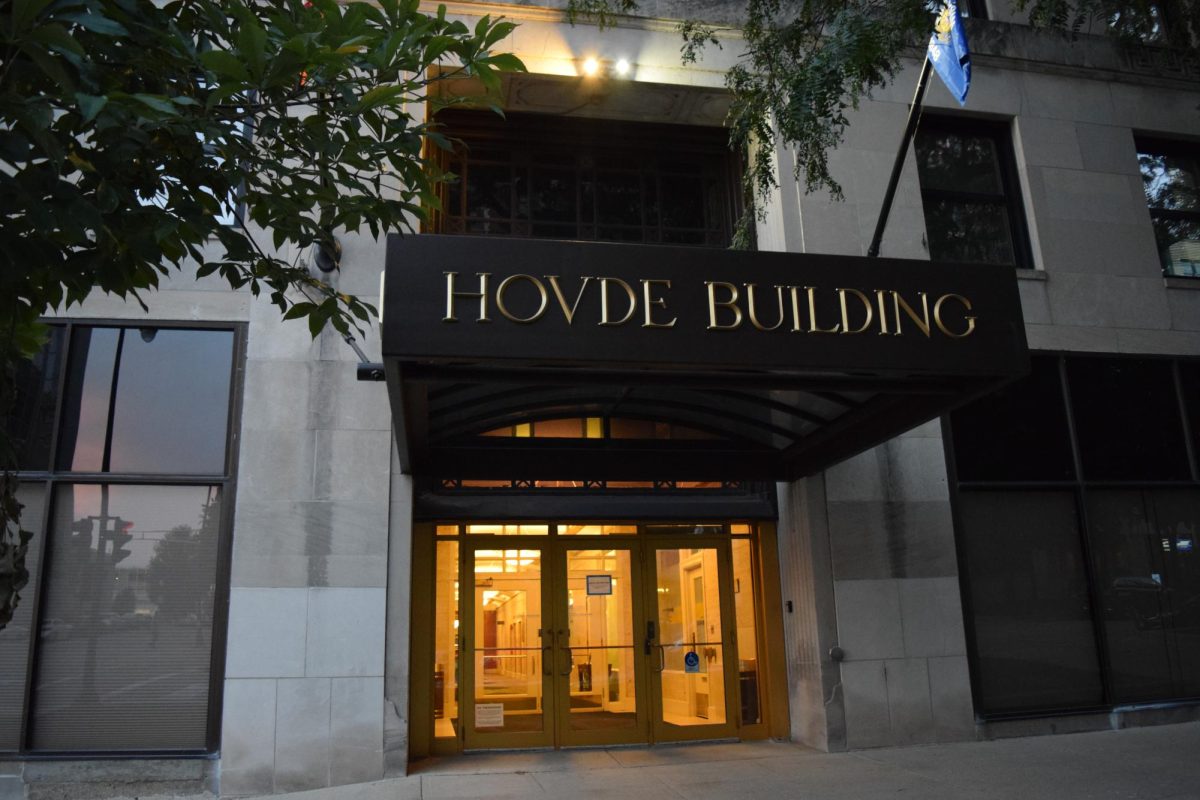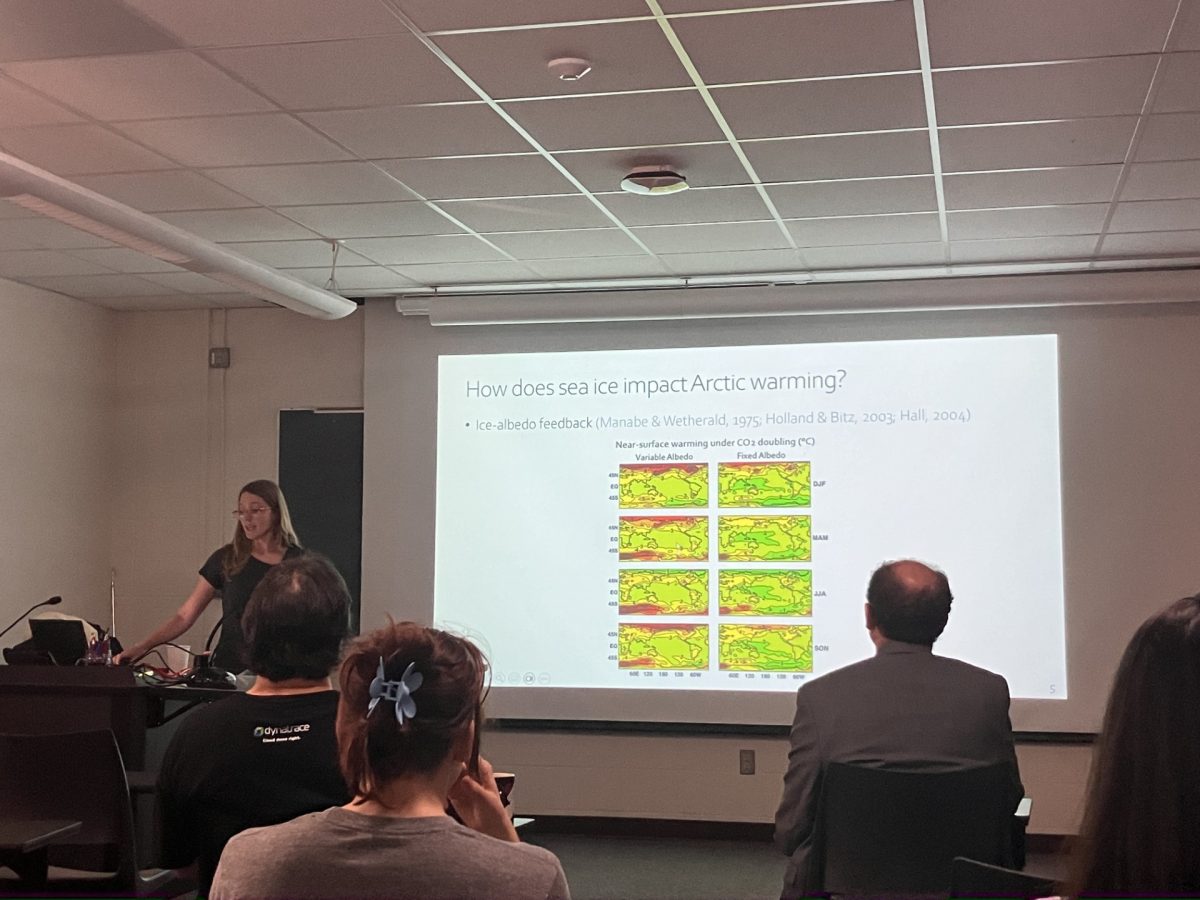A University of Wisconsin-Madison professor was named a recipient of the 2004 National Medal of Science, the nation's highest honor for science and technology, by President George W. Bush Tuesday.
Edwin Lightfoot, a UW professor emeritus of chemical and biological engineering, will accept his medal at a White House ceremony to be held on a yet-to-be-determined date, along with the seven other annual recipients of the award.
"When you get an award like this, your first reaction is, 'I don't deserve it,'" Lightfoot said in a telephone interview Tuesday. "You're just happy people think you do."
For his research on blood oxygenation and oxygen diffusion into tissue and other biomedical topics, Lightfoot is highly regarded as a "pioneer" for his contributions to scientific research and education. Through his research, Lightfoot helped the development of open-heart surgeries, the artificial kidney and the heart-lung machine.
"I did a lot on how to keep blood and oxygen moving through the body," Lightfoot said about his research. "Basically, how doctors keep you alive when your heart stops."
It is more than just fascinating research to Lightfoot, who personally experienced the importance of his research six years ago when he himself was put on a heart-lung machine.
"All the things I was working on, I could see them being applied," Lightfoot said about the experience. "It was kind of interesting."
One of the first professors of biochemical and biomedical engineering in the United States, Lightfoot is also renowned for his research in metabolic dynamics — a field which Lightfoot said his students were among the first to work through and led to advancements in cellular engineering — therapeutic proteins and other topics in chemical and biological engineering.
Many students might know Lightfoot as the author of the textbook, "Transport Phenomena," first published in 1960, which has become a bible of sorts in chemical and biological engineering circles.
Lightfoot credits much of his success to the people he has worked with over the past 50 years at UW.
Joining the UW faculty in 1953, Lightfoot spoke endearingly about the UW professors, administrators and students who welcomed him since he first arrived on campus.
"When I came here, I was just overwhelmed by how nice the faculty was to students and to each other," Lightfoot said. "I fell in love with this department."
Lightfoot also described the origins of UW's biomedical engineering department and the hard work and dedication of the people who helped build it into one of the most prestigious departments in the nation.
"Biomedical engineering wasn't recognized by most departments and universities at that time, but Olaf Hougen [the chairman of UW's biochemistry department in 1953] made a huge, courageous bet on it," Lightfoot said. "Luckily, we were extremely good at the things engineers had to do to do [biomedical engineering] research."
Despite all the accolades he has received for his groundbreaking scientific and engineering research, none of them compare to what Lightfoot said is the most important of his life's work.
"I'm most proud of my five kids," Lightfoot said. "I'm so proud of them. My family is very important to me."
In a statement released Tuesday, numerous UW officials, including College of Engineering Dean Paul Peercy, added their praise for Lightfoot's dedicated work over the past half-century.
"[Lightfoot] exemplifies the character and tradition of excellence in the department of chemical and biological engineering and the College of Engineering as a whole," Peercy said.







